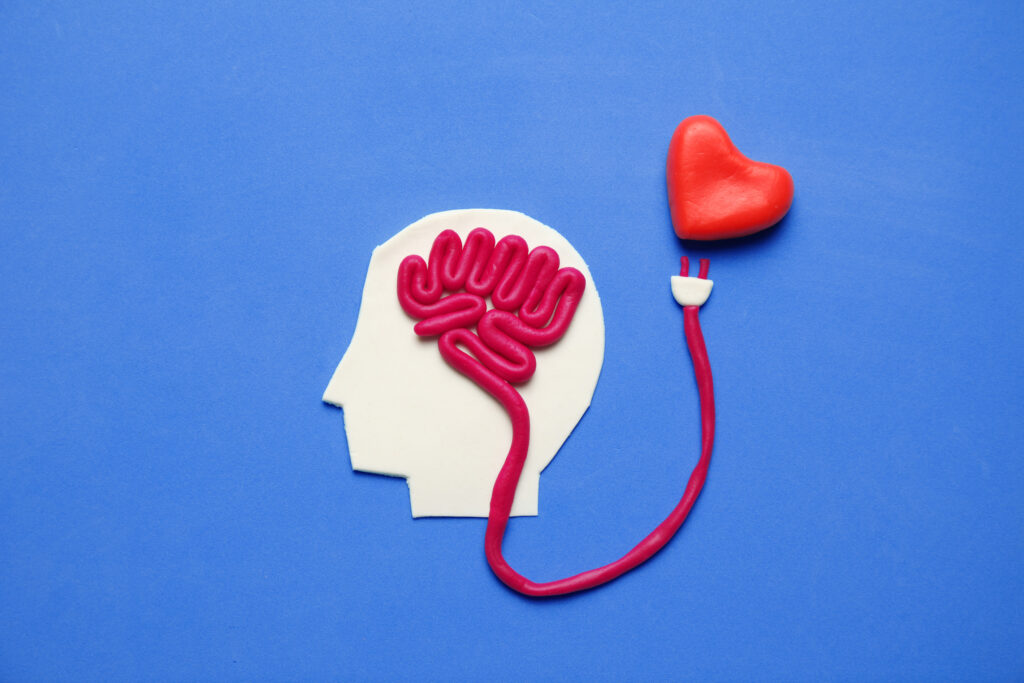In addition to self-awareness and self-regulation, emotional intelligence encompasses empathy—the ability to understand and resonate with the emotions of others. Empathetic individuals form deeper connections with friends, family, and colleagues, fostering trust, intimacy, and mutual support. By listening attentively, validating others’ feelings, and offering compassion and understanding, individuals can nurture meaningful relationships that enrich their lives.
Furthermore, emotional intelligence enhances social skills, facilitating effective communication, conflict resolution, and collaboration. Individuals with strong social skills are better equipped to navigate interpersonal dynamics, build networks of support, and work collaboratively towards common goals. By honing their communication skills, active listening, and assertiveness, individuals can foster positive relationships and create a supportive social network.
In conclusion
Emotional intelligence is a powerful predictor of personal well-being, enabling individuals to navigate life’s challenges with resilience, empathy, and grace. By cultivating self-awareness, self-regulation, empathy, and social skills, individuals can enhance their emotional intelligence and lead more fulfilling lives. Whether in personal relationships, professional endeavors, or everyday interactions, emotional intelligence serves as a guiding light, empowering individuals to thrive amidst life’s complexities and uncertainties. By investing in the development of emotional intelligence, individuals can unlock their full potential and cultivate a life rich in meaning, purpose, and connection.

